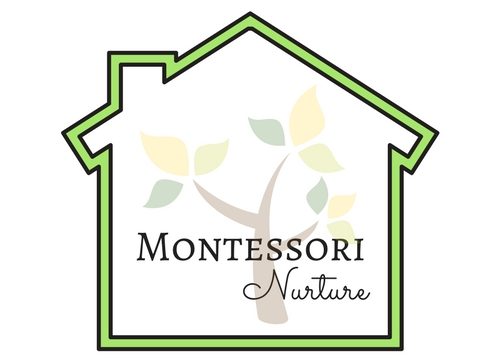
My last blog post listed the four needs of children and expounded upon the first – belonging and significance. Today we look at the second need, perceptions of capability. The information I am sharing with you is from the book ‘Positive Discipline for Preschoolers’ and is very compatible with the Montessori philosophy. The title of this post is actually a quote from Dr. Montessori herself as she was describing young children. They want you to ‘help me do it myself.’
If you have a two to four year old in your life you have seen their need for independence. Children at this age are learning they are different human beings from mom and dad, sister and brother and exert this independence in sometimes quite inconvenient ways. They insist on doing everything independently, even when they can’t quite do everything themselves. This can be a harrowing time for parents who are in a hurry.
So why is it so important for young children to feel they are competent? I think we all want our children to learn to make decisions, learn new skills and trust in their abilities. However, if we never give them the time to practice these skills they won’t learn them. Words (‘Great job!) are not enough to instill a sense of confidence in children. Such constant praise only puts children on the path of trying to get more adult attention. Children need to learn through experience that they are capable people. Feeling capable comes from developing solid skills (pouring a drink, cleaning up a spill, changing own clothes, helping make dinner, cleaning up toys, etc.)
One of the first things my students (ages 3-6) are thrilled with in the classroom is pouring their own drink of water any time they want. For many of them it is the first time they have been given this freedom and responsibility. We have a small glass pitcher and each child has her own cup. They pour their own water any time during the day and drink as much as they want. If something spills, they are responsible to clean it up (after being shown the towels provided for this task and how to do it). Another added benefit of this activity is that at the beginning of the year the students drink so much water that they also get a lot of practice in using the bathroom!
We can see that something so basic – pouring her own drink whenever she wants it – builds up the child’s confidence. For a lot of the year children tell me when another student spills something. My response is always the same: “I know that (insert name here) knows how to clean up his spill. I don’t need to worry about it.” And guess what? The child always clean up. He has been given the tools and trust to be confident. No ‘good job’ comment can instill that kind of confidence and responsibility. As adults, we need to find more and more ways to give our children the chances to practice being capable. In doing so, they will become capable and confident.
